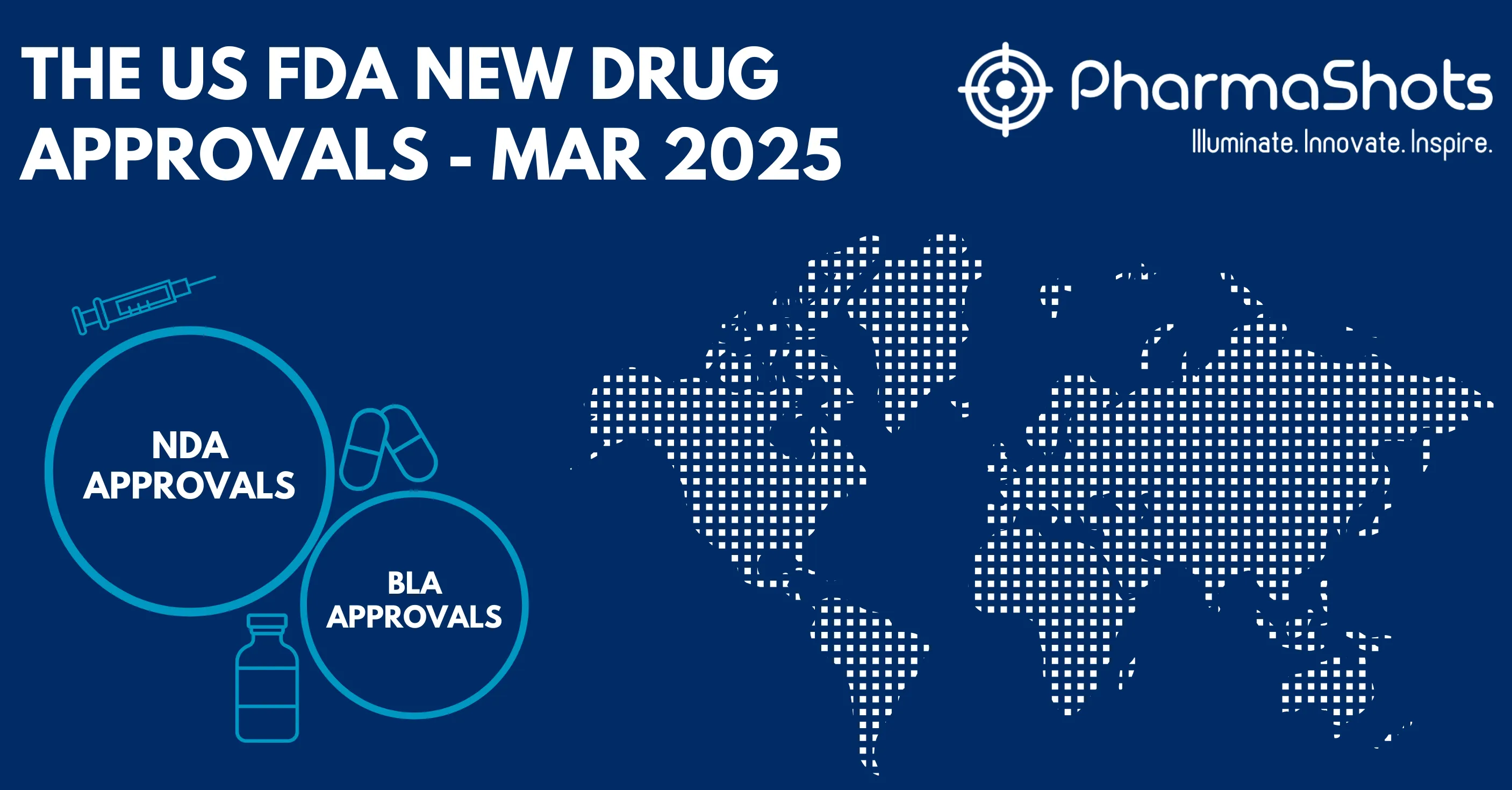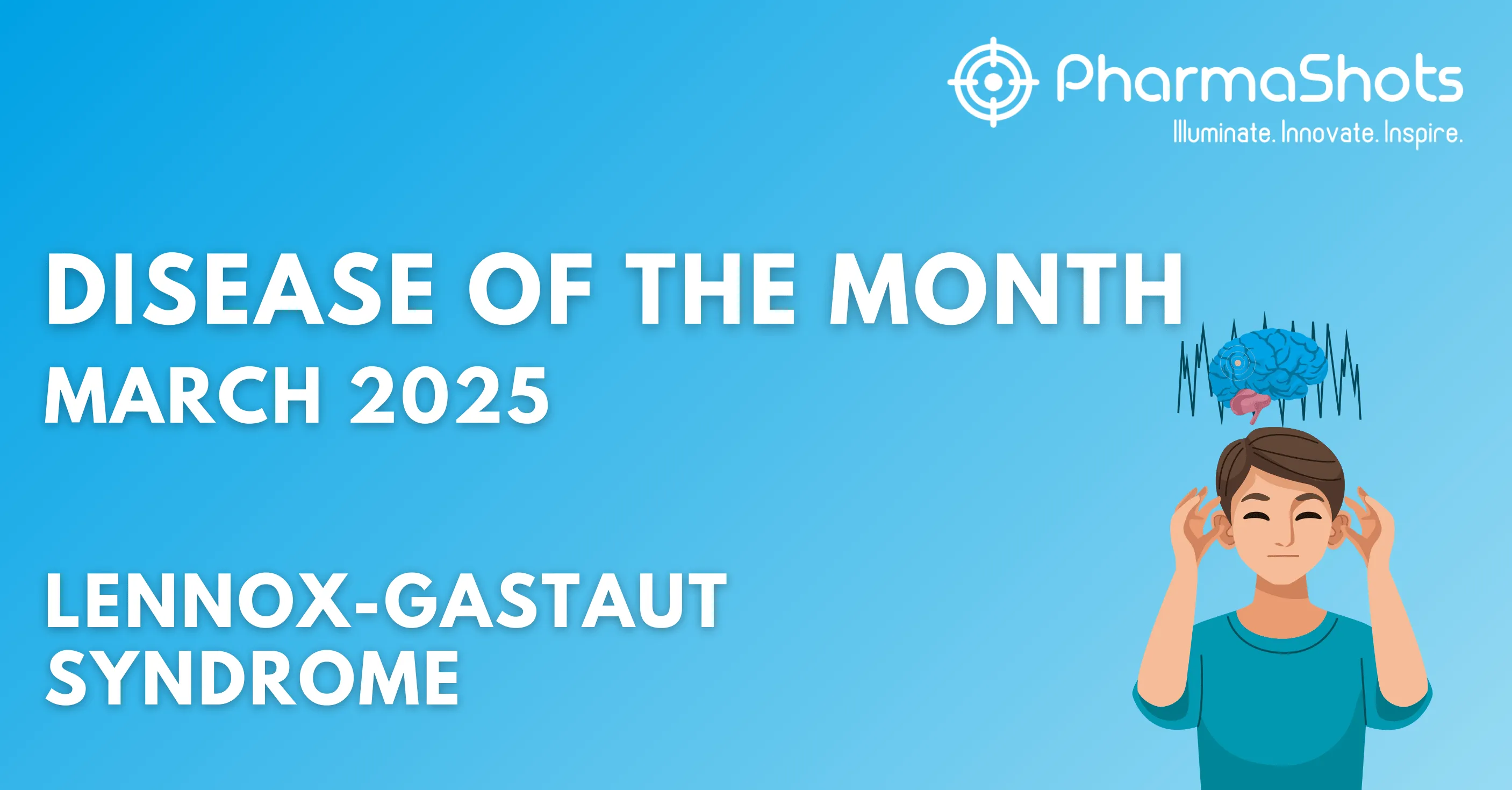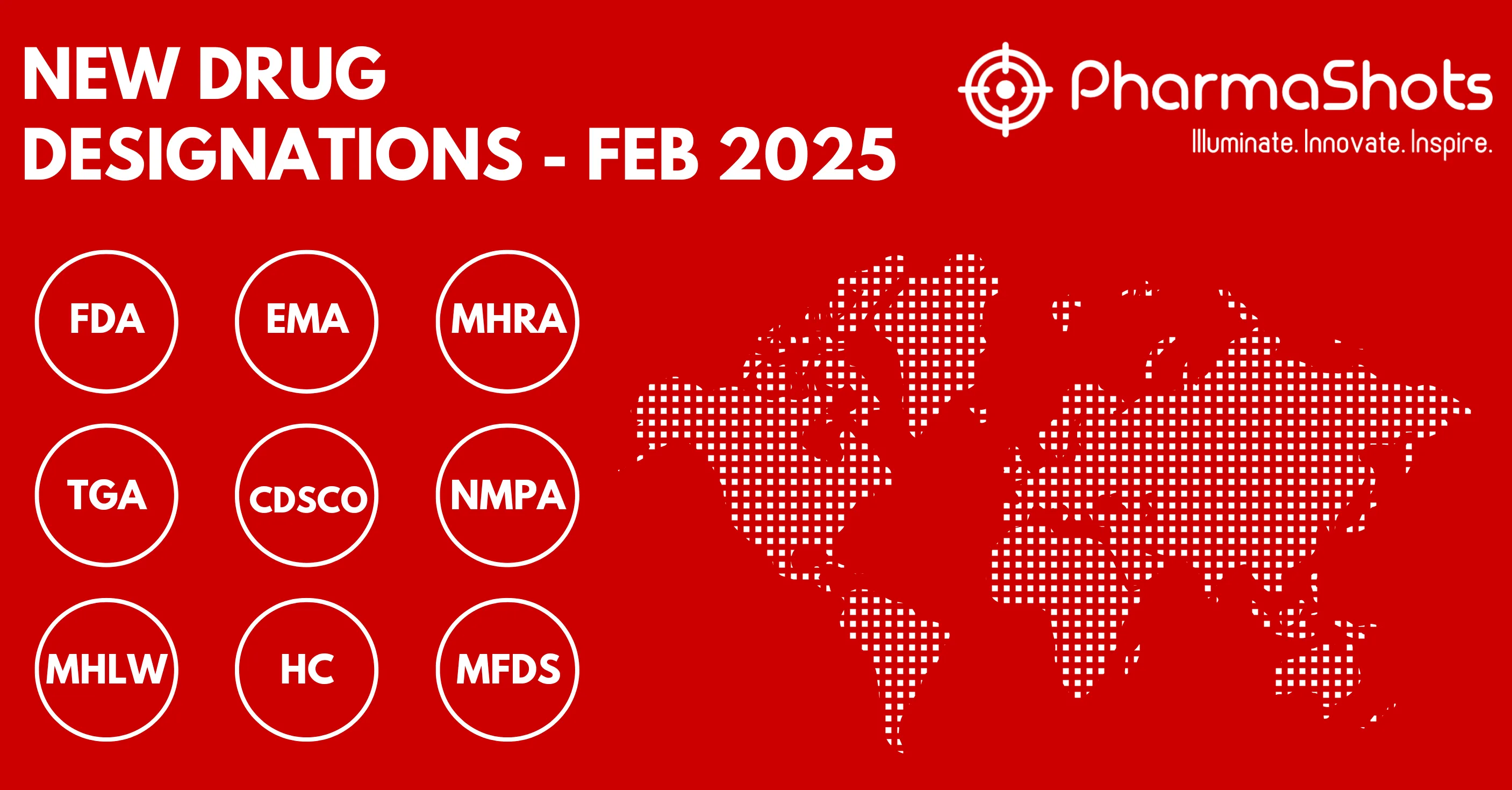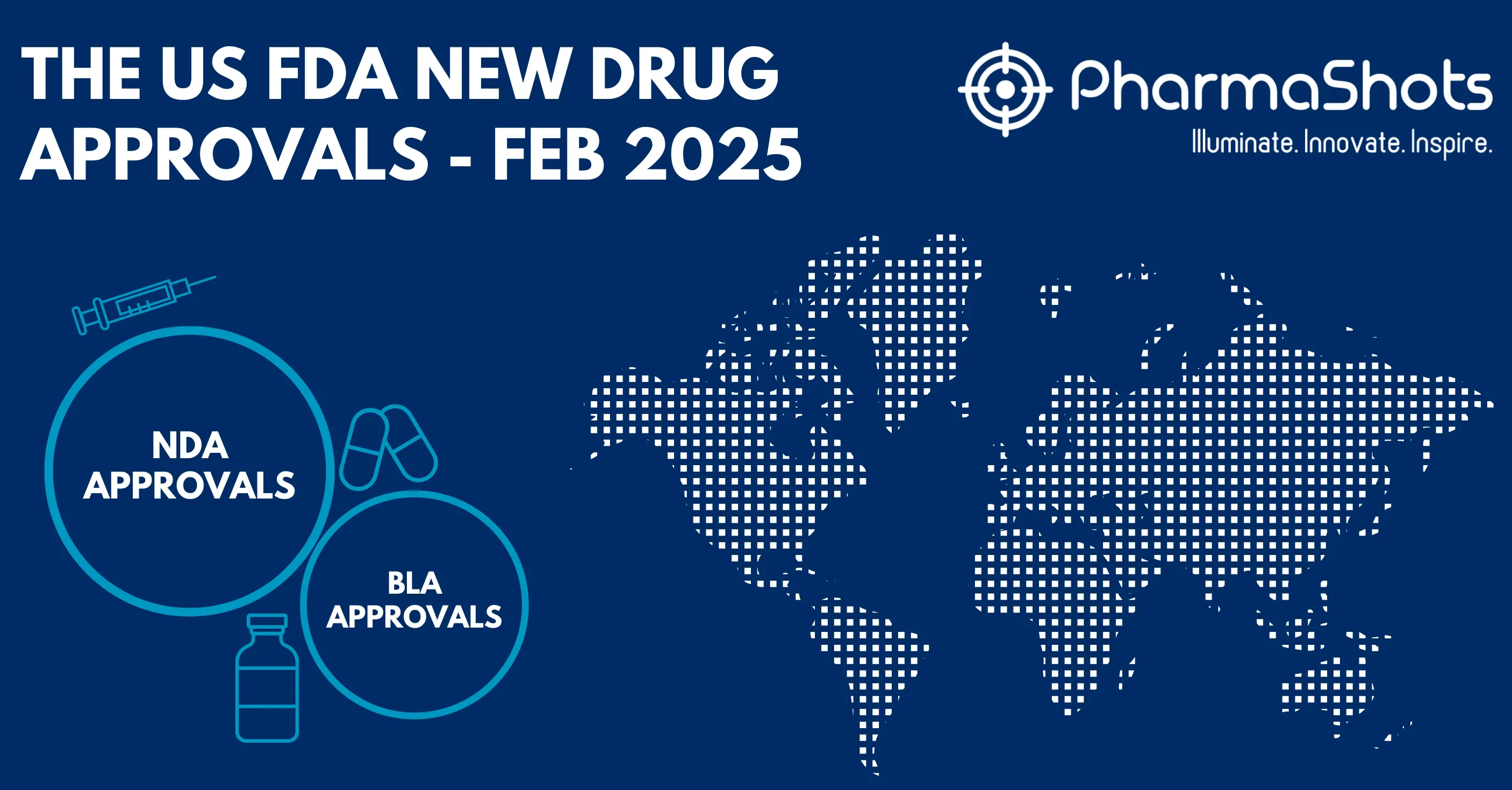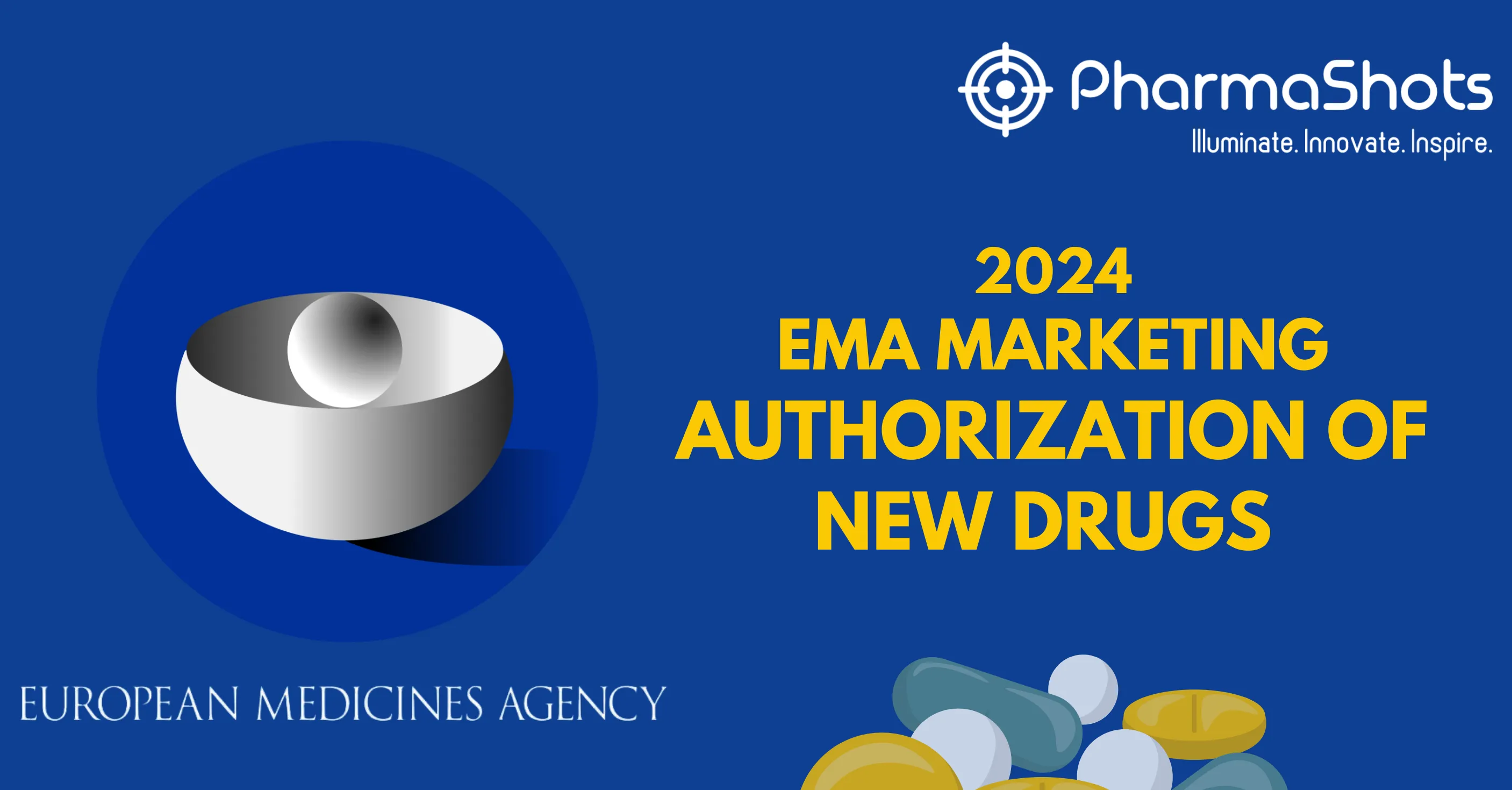
Disease of the Month: Dengue Diseas
In India, 16 May is observed as National Dengue Day. Dengue is a mosquito-borne viral disease transmitted by female mosquitoes of the Aedes aegypti species infected by any of the four dengue virus serotypes (DENV-1, DENV-2, DENV-3, and DENV-4)2. These mosquitoes belong to the family Flaviviridae. They bite during the day. As per WHO reports, approximately 390 million people get infected by the dengue virus infections per year3. The first epidemic of illness similar to dengue was reported in 1780 in Madras (now Chennai). In 1943, the dengue virus was isolated by Susumu Hotta and Ren Kimura from the blood samples of infected people taken during the 1943 dengue epidemic in Japan. The first virologically confirmed epidemic of dengue fever in India occurred on the Eastern Coast of India and in Calcutta in 1963-19644.
MODES OF TRANSMISSION
The primary route of transmission of the disease is through the bite of an infected Aedes aegypti mosquito. The mosquitoes get infected by biting the infected person. The virus then replicates itself in the midgut of the mosquito and then disseminates to the secondary tissues, including salivary glands. Once the virus is present inside the mosquito’s body, it becomes the vector of disease throughout its life3.
The other modes of transmission of the virus include: a. from mother to child or b. through blood donation or blood transfusion1.
SYMPTOMS
The symptoms of the disease start to develop after 3-4 days of infection by the virus and last for about 2-7 days. The most prominent symptom of dengue is high fever (40˚C/104˚F) accompanied by two of the following symptoms3:
- severe headache - nausea
- pain behind eyes - vomiting
- muscle and joint pain - rash
- swollen glands
While the majority of dengue cases experience no or mild symptoms, in some cases converts into a severe flu-like illness that can also lead to death. Some of the symptoms of the severe phase are3:
- severe abdominal pain - fatigue
- rapid breathing - persistent vomiting
- bleeding gums or nose - liver enlargement
- restlessness - blood in vomit or stool
TREATMENT
There is no specific antiviral treatment available for dengue to date in India. Supportive care for reducing pain and fever (like paracetamol or acetaminophen) is given to relieve the symptoms of muscle aches, muscle pains, and fever. The patients are also advised to consume plenty of fluids and take rest2.
Dengvaxia (CYD-TDV) is the first dengue vaccine developed by Sanofi Pasteur and currently has been approved for use by regulatory authorities of approximately 20 countries. Dengvaxia is a live attenuated tetravalent chimeric vaccine that is a sterile suspension administered by SC that protects against four dengue serotypes i.e., 1, 2, 3, and 4. The dose and frequency of the vaccine are three doses (0.5mL each) 6 months apart (at months 0, 6, and 12). In Aug 2018 the BLA was submitted to the US FDA and in 2019 it is approved for use in individuals 9 to 16 years of age with laboratory-confirmed previous dengue infection and living in endemic areas. To date, the CYD-TDV vaccine is used for the treatment of patients aged between 9-45 years who have suffered from dengue infection at least once in their life. Other potential candidates for the dengue vaccine are still under evaluation3.
Dengvaxia Timeline
- Dec 2015- Sanofi launched the first dengue vaccine Dengvaxia.
- Oct 2016 Dengvaxia had received market approval in 11 countries incl. Mexico, the Philippines, Brazil, El Salvador, Costa Rica, Paraguay, Guatemala, Peru, Indonesia, Thailand Singapore.
- Nov 2017: safety concerns after re-labelling- People who receive the vaccine and have not been previously infected with a dengue virus might be at risk of developing severe dengue if they get dengue after being vaccinated
- Feb 2018- The Philippines Public Attorney’s Office filed a lawsuit Sanofi and distributor Zuellig Pharma for the potential implications of the vaccination drive had become a national scandal, that the vaccine lead to the deaths of several children, and The suit sought damages
- Oct 2018- The US FDA grants priority review for Dengvaxia
- Dec 2018- Dengvaxia received EC approval
- May 2019- The US FDA approved Dengvaxia for use in 9-16 years old with laboratory-confirmed prior dengue virus infection
- Jul 2020- The US FDA approved the Sanofi Pasteur’s request to sBLA of the Dengvaxia submitted in Jul 2019
- Mar 2021- The U.S.CDC issued a Level 1 Travel Alert for many parts of America, Mexico, and the Caribbean regarding Dengue virus risks
PRECAUTIONS
Precautions advised by the government for control of the disease are2:
- Change water filled in coolers or any small containers at least once a week.
- Add larvicides in the water of the containers that can not be emptied.
- Cover the water containers with a lid.
- During the season of high transmission, wear clothes that fully cover the individual’s arms and legs.
- Use mosquito nets or mosquito repellents while sleeping during the daytime.
- Any person infected with dengue should avoid coming in contact with other people.
REFERENCES
Related Post: Disease of the Month: Chagas Disease (American Trypanosomiasis) | PharmaShots

Akanksha was a content writer at PharmaShots. She is interested in covering recent innovations from pharma & medtech industry. She covers news related to Product approvals, clinical trial results, and updates. She is passionate, meticulous, diligent, and inquisitive. She can be contacted at connect@pharmashots.com.




